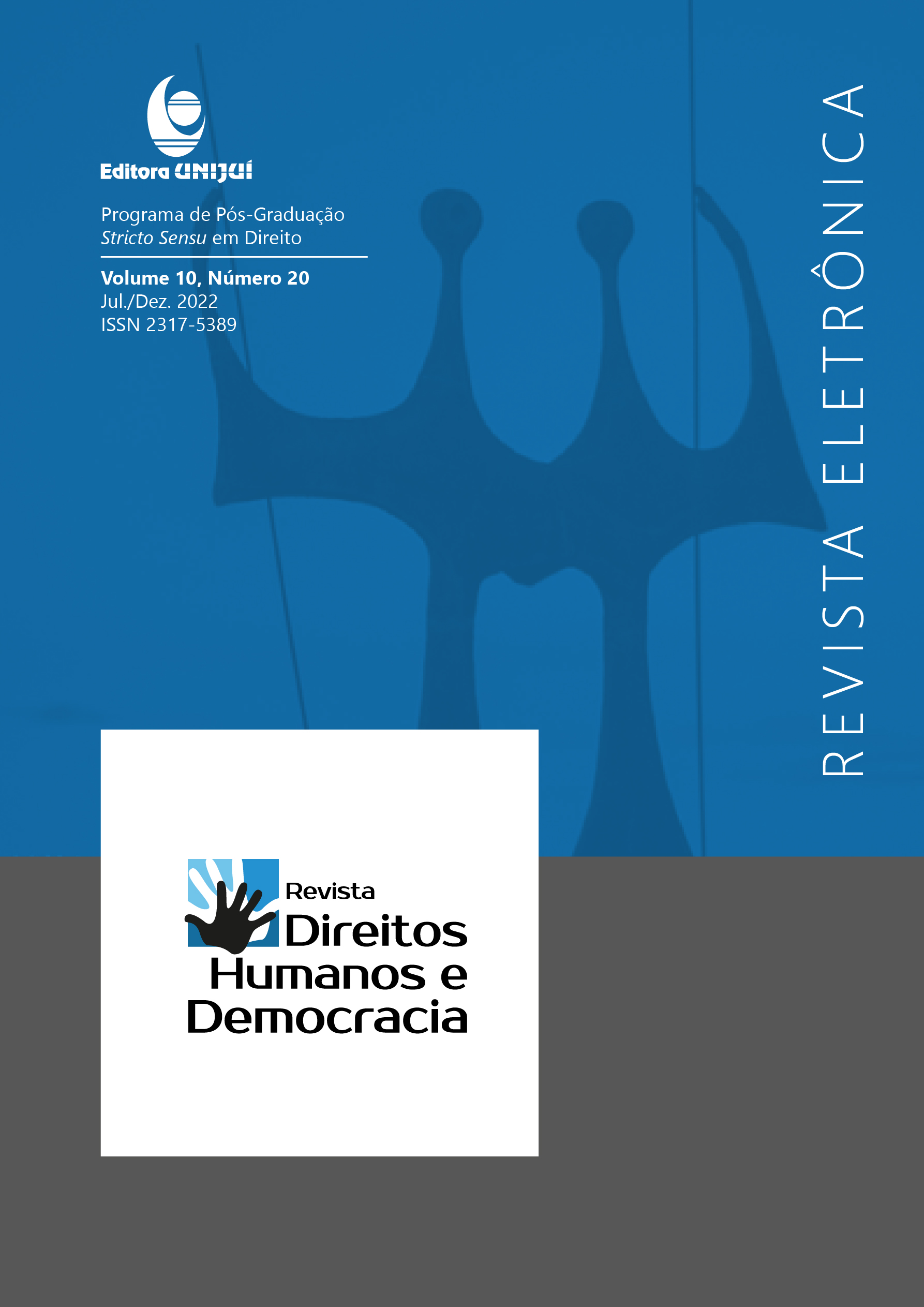Combating poverty and social inequalities through decent work: The Fundamentality of the UN 2030 Agenda
DOI:
https://doi.org/10.21527/2317-5389.2022.20.13677Keywords:
Desigualdade. Objetivos de Desenvolvimento Sustentável. Pobreza. Trabalho Decente.Abstract
The article aims to analyze the relevance of the Sustainable Development Goals (SDGs) numbers 1, 8 and 10 of the United Nations (UN) 2030 Agenda, which aims to reduce inequalities and poverty by promoting decent work as a mechanism for promote social justice and stimulate economic growth. Specifically, using documental and bibliographic research and analysis of reports and secondary data, the article seeks to present a scenario of the debate about decent work, inequality and poverty and the need to promote access to decent ways of living. labor to mitigate social and economic exclusion, which is latent across the planet. The question is raised in the sense of verifying whether working in decent conditions is capable of promoting economic growth and reducing social inequality and poverty. The hypothetical deductive method was used to suggest that social inclusion is possible through access to income from work. In the end, it is revealed that there is a latent need for effective implementation of the 2030 Agenda, calling attention to the generation of decent and dignified jobs is fundamental in order to correct injustices and promote equality and sustainable development.
Downloads
Published
How to Cite
Issue
Section
License
Copyright (c) 2022 Revista Direitos Humanos e Democracia

This work is licensed under a Creative Commons Attribution 4.0 International License.
By publishing in the Revista Direitos Humanos e Democracia, authors agree to the following terms:
Articles are licensed under the Creative Commons Atribuição 4.0 Internacional (CC BY 4.0), which allows:
Share — copy and redistribute the material in any medium or format;
Adapt — remix, transform, and build upon the material for any purpose, including commercial use.
These permissions are irrevocable, provided the following terms are respected:
Attribution — authors must be properly credited, with a link to the license and indication of any modifications made;
No additional restrictions — no legal or technological measures may be applied that restrict the use permitted by the license.
Notices:
The license does not apply to elements in the public domain or covered by legal exceptions.
The license does not grant all rights required for specific uses (e.g., image rights, privacy, or moral rights).
The journal is not responsible for opinions expressed in the articles, which remain the sole responsibility of the authors. The Editor, with the support of the Editorial Committee, reserves the right to suggest or request modifications when necessary.
Only original scientific articles presenting research results of interest, not previously published or simultaneously submitted to another journal with the same purpose, will be accepted.
References to trademarks or specific products are intended solely for identification purposes and do not imply any promotional endorsement by the authors or the journal.
License Agreement: Authors retain copyright over their articles and grant the Revista Direitos Humanos e Democracia the right of first publication.













